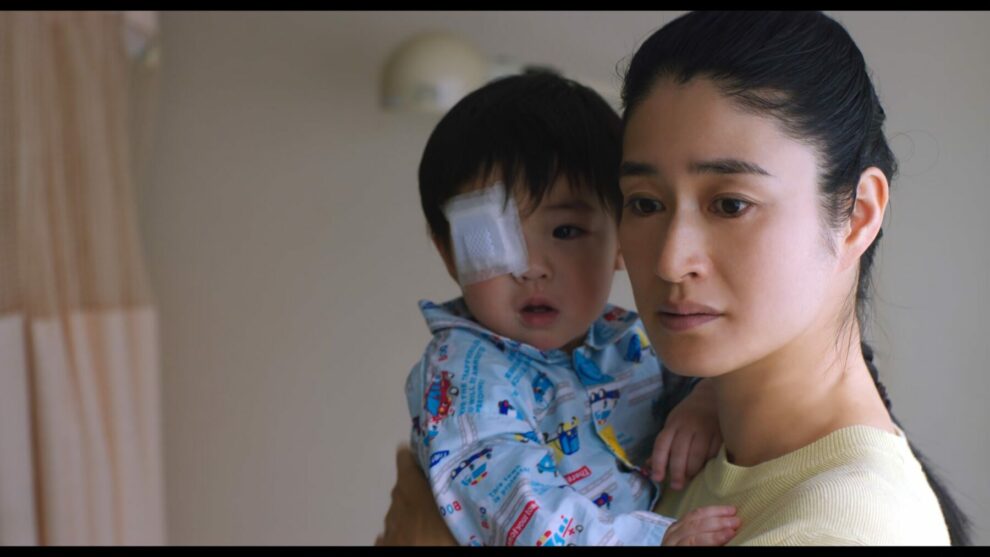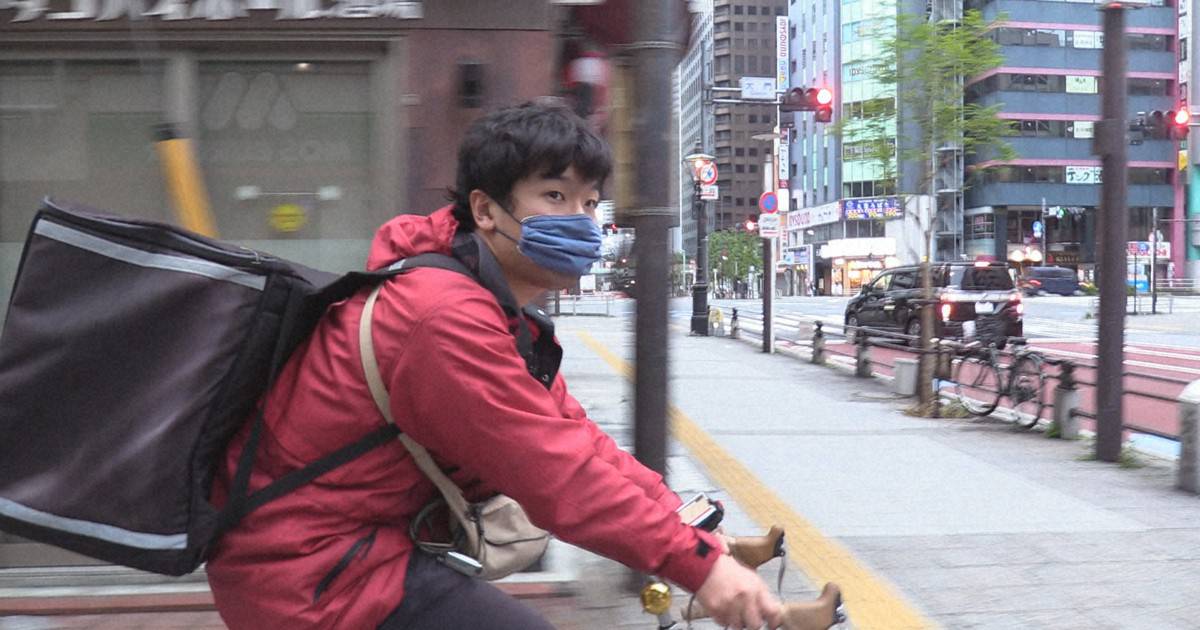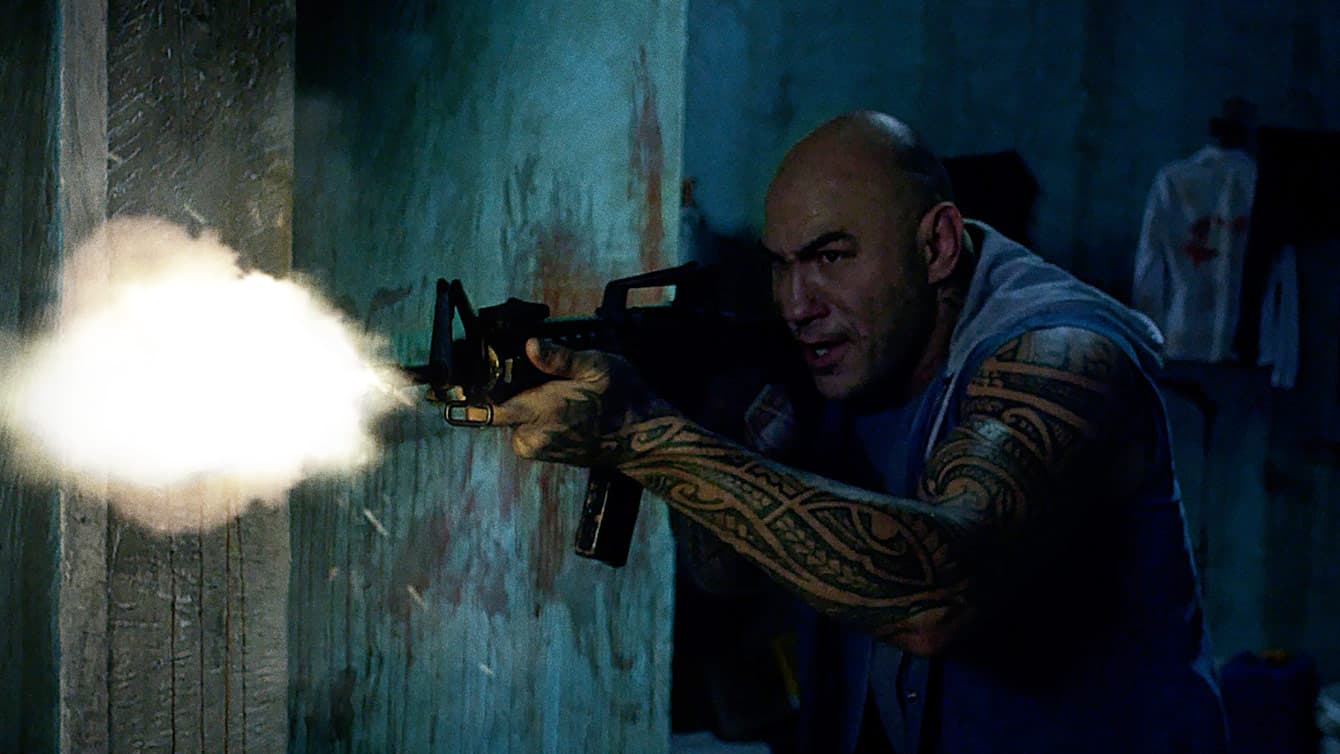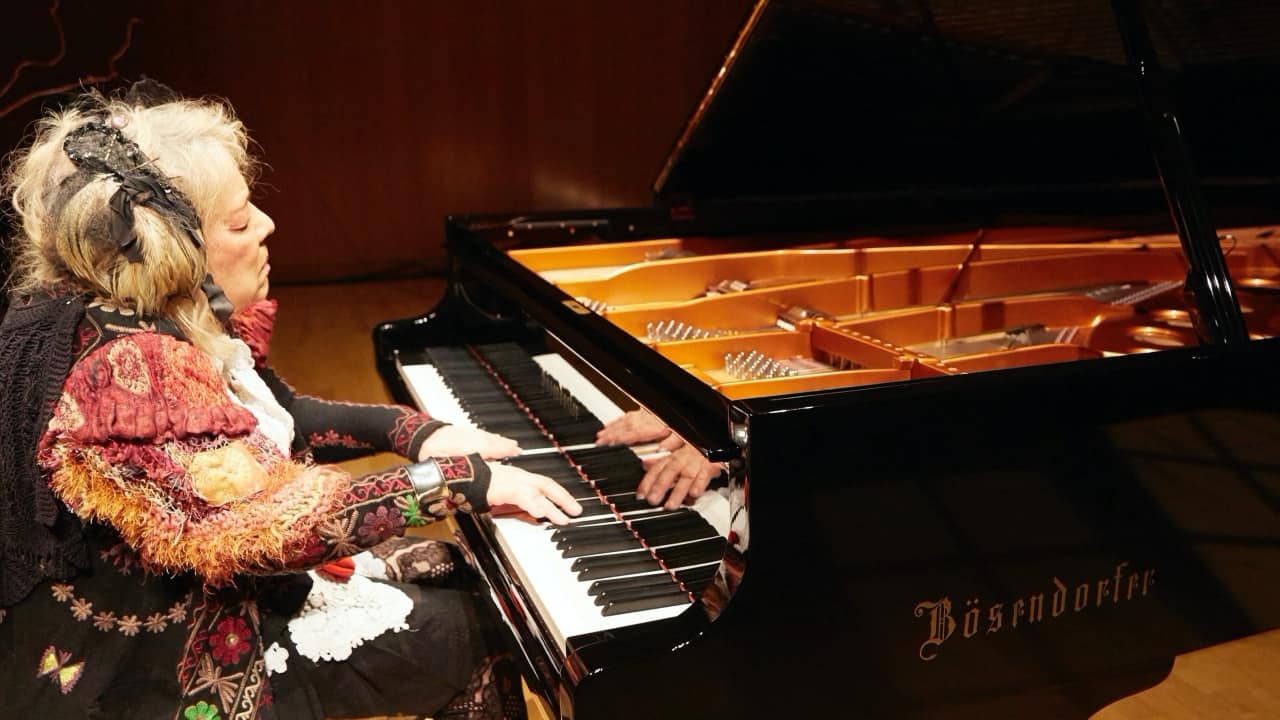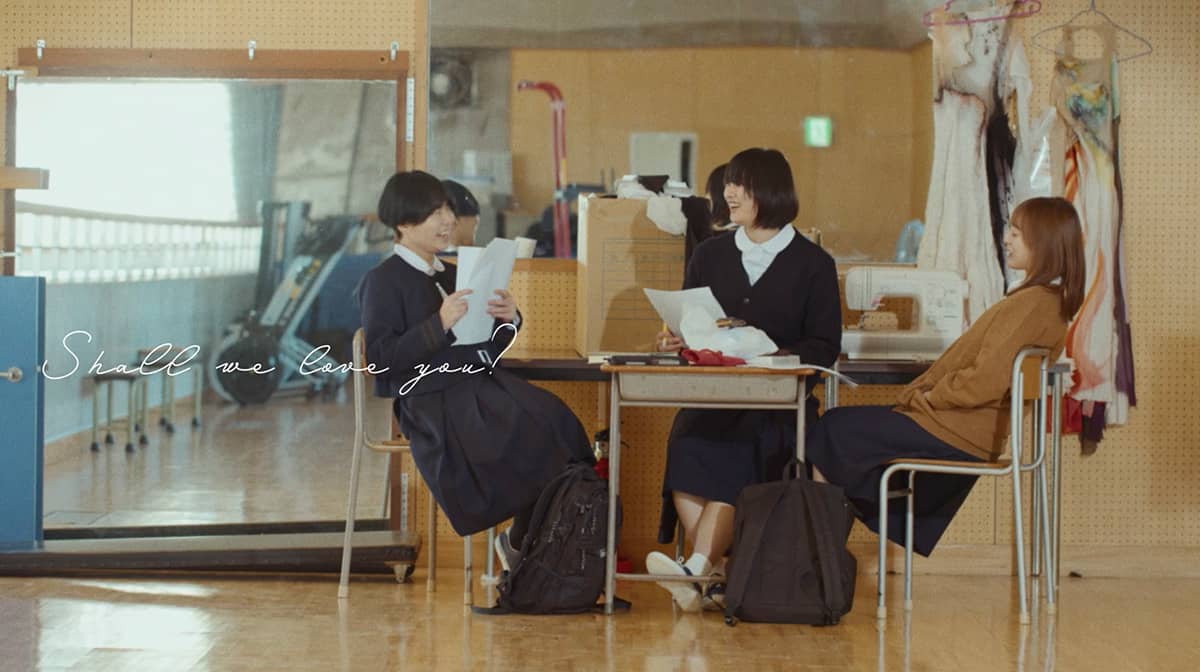Satoshi Fukushima was born in Hyogo Prefecture in 1962. He lost sight in both by the age of 9 and his hearing at the age of 18. In 1983, he gained entry to Tokyo Metropolitan University, becoming the first deafblind person in Japan to study at the university level. He became an associate professor at Kanazawa University, and has been a professor at the University of Tokyo's Research Center for Advanced Science and Technology since 2008, the first deafblind person in the world to become a full-time university professor. Junpei Matsumoto directs a movie based on the first years of his life, and particularly the role his mother played in the way he grew up.
My Mother's Touch is screening at Camera Japan

In that regard, the movie starts with him as an infant, the youngest of three boys in his family of five, when the first issue with his eyes was diagnosed. Him and his mother for the most part, spend a lot of time in the hospital, trying to save his eyesight at least partially, but to no avail. Young Satoshi, however, despite the difficulties he faces, manages to be one of the smartest persons in his classroom, while retaining his optimism at all times, with the help of his always present-mother. However, when later on, he starts losing his hearing too, not even his inherent optimism can save him and his family from despair, with the failure of both western and eastern medicine to give him any kind of solace detracting even more from any type of hope. Eventually, though, they discover a new means of communication.
Check also this interview
Junpei Matsumoto directs a film based on a rather dramatic story, which could easily turn into a hardcore melodrama, but in his hands, manages to avoid the particular reef, for the most part at least. The way he achieves this is multileveled. Firstly, the protagonist himself, whose constant optimism and will to never give up drove him to eventual success, even if there was a point he faltered briefly towards despair. Secondly, his family was always beside him, and even if his father was somewhat strict and distant, he did not leave his side, with the same applying to his brothers. Lastly, the focus on the mother and the fact that she realized that she has to stay strong for her son, also moves in the same direction, even if Matsumoto portrays moments where she also was ready to succumb.
In that fashion, the movie benefits the most by the acting of the two protagonists. First and foremost, Koyuki gives an impressive performance as Reiko Fukushima, with her capturing all the little nuances of a mother who is trying to take care of her sick kid, but also remain a mother to the other two and wife to her husband, whom she knows she has neglected. Taketo Tanaka as Satoshi is also quite good, both in his optimism and his despair.
Furthermore, it is also easy to say that the movie, apart from the focus on the heroic life of the protagonist, is also an ode to motherhood, firstly, and to the whole concept of family, secondly, with this approach actually echoing throughout the story
Yasutaka Nagano's cinematography focuses on realism, without any exaltation, but still manages to show how the world must “look” to Satoshi through the problems he stumbles upon. Keita Idano's editing results in a mid-tempo that suits the overall aesthetics of the movie nicely, although the unnecessary scenes (and one by the beach as always) are here once more, prolonging the movie for no apparent reason.
This, however, is just a small issue of a movie that tells a really significant story with a very appealing sense of measure, with “My Mother's Touch” benefitting immensely of Matsumoto's approach and the overall acting.


